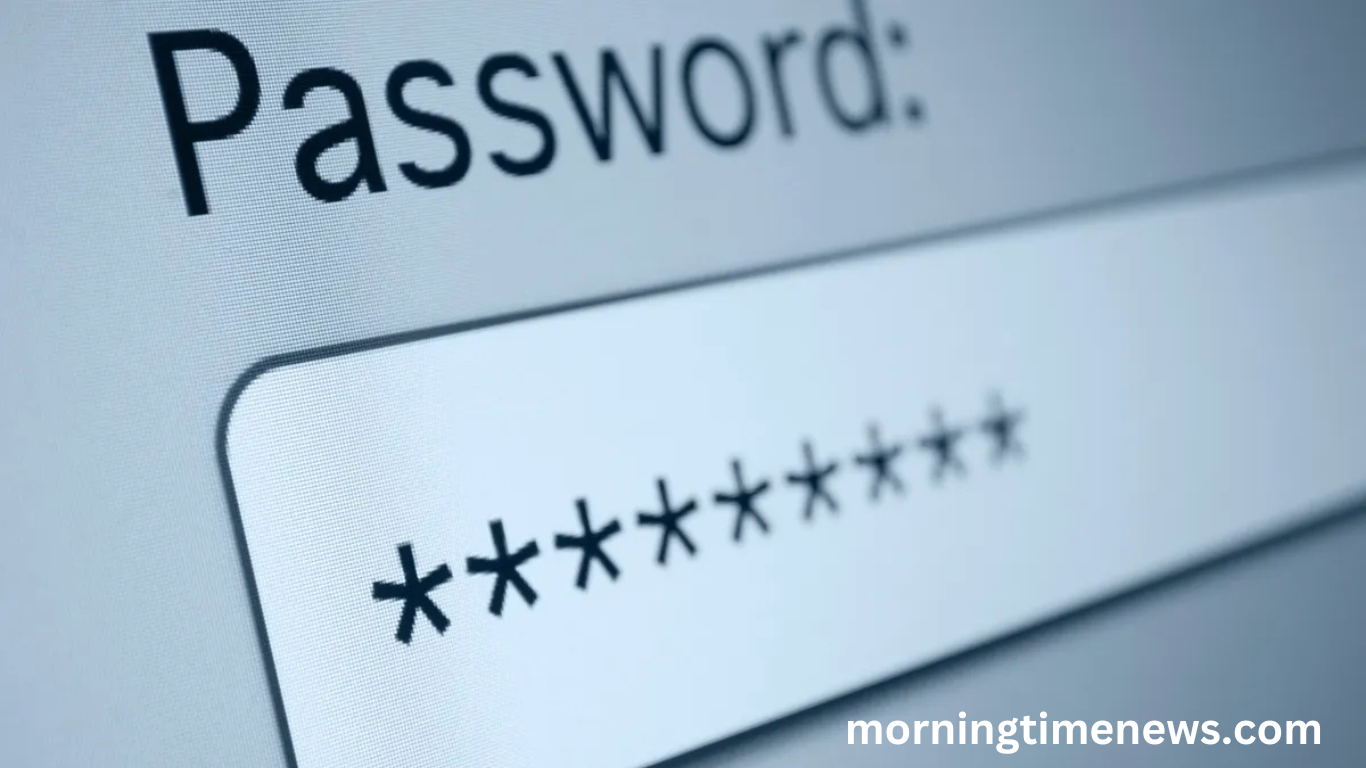A sharp increase in social media and email account hacks has raised alarms among cybersecurity experts. With personal and financial information at risk, authorities and tech companies are urging users to take stronger security measures. Cybercriminals are using more sophisticated tactics, making it easier than ever to gain unauthorized access to personal and business accounts.
How Hackers Are Gaining Access
Cybercriminals use various techniques to break into accounts, including phishing emails, credential stuffing, and malware attacks. Phishing scams trick users into revealing their passwords, while credential stuffing exploits leaked passwords from previous data breaches. Malware can secretly capture keystrokes or steal login credentials without the victim realizing it.
Why Social Media and Email Accounts Are Prime Targets
Social media and email accounts hold vast amounts of personal data, from private conversations to sensitive financial details. Hackers often use compromised accounts to spread scams, impersonate victims, or gain access to linked services such as banking and cloud storage. Once inside an account, they can lock out the original user, making recovery difficult.
Steps to Protect Your Accounts
Security experts recommend several precautions to prevent unauthorized access. Enabling two-factor authentication (2FA), using strong and unique passwords, and being cautious with suspicious emails or messages can significantly reduce the risk of hacks. Regularly updating passwords and monitoring account activity can also help detect potential breaches early.
What to Do If Your Account Is Hacked
If an account is compromised, immediate action is necessary. Users should change their passwords, enable 2FA, and report the hack to the platform. Contacting friends and family to warn them about potential scam messages from the hacked account can also prevent further damage. Additionally, using security tools to scan for malware may help eliminate hidden threats.
Read More : Meta Launches AI Chatbot to EU Users
The Importance of Cybersecurity Awareness
As cyber threats continue to evolve, staying informed is key to preventing hacks. Companies and users alike must remain vigilant and adopt proactive security measures. Strengthening online defenses is no longer optional—it’s a necessity in today’s digital world.
Frequently Asked Questions
Why are social media and email accounts being targeted?
These accounts store personal data, financial details, and sensitive communications, making them valuable targets for hackers.
How do hackers gain access to accounts?
They use phishing scams, credential stuffing, malware, and weak passwords to break into accounts.
What is credential stuffing?
It’s a hacking method where cybercriminals use stolen passwords from past data breaches to access other accounts.
How can I protect my accounts from hackers?
Use strong, unique passwords, enable two-factor authentication (2FA), and be cautious of phishing attempts.
What should I do if my account is hacked?
Change your password immediately, enable 2FA, report the issue to the platform, and check for unauthorized activity.
Can hackers lock me out of my account permanently?
Yes, if they change your recovery details. Acting quickly increases the chances of recovering your account.
How can I recognize a phishing attempt?
Look for suspicious links, unknown senders, urgent requests for login details, and grammatical errors in emails or messages.
Are security tools effective in preventing hacks?
Yes, using password managers, antivirus software, and security monitoring tools can help detect and prevent cyber threats.
Conclusion
With cyberattacks on the rise, securing social media and email accounts is more important than ever. Hackers are using advanced techniques to steal personal data, but strong passwords, two-factor authentication, and vigilance can help prevent breaches. Quick action in case of a hack can minimize damage and aid recovery. Staying informed about cybersecurity threats is essential to protecting online identities in an increasingly digital world.

